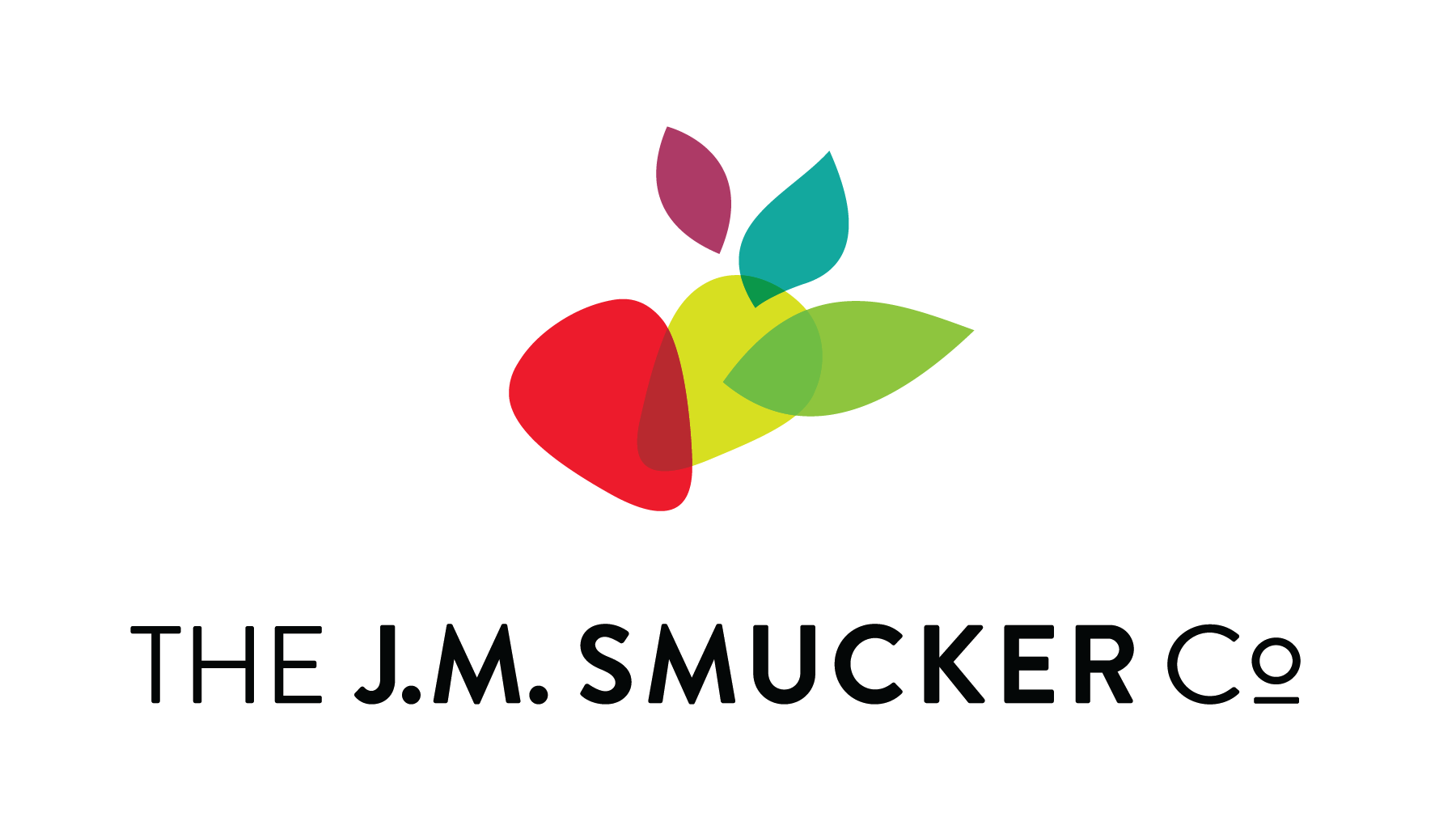Celebrating the Heart of the Coffee Supply Chain
Oct 1, 2020
There are more than 12.5 million smallholder coffee farmers globally who provide the green coffee that allows consumers to enjoy their favorite morning beverage. As a leader in the at home coffee category, we are committed to supporting these smallholder farmers by partnering to provide them with the training and access to inputs they need to thrive.
One example of this work is our partnership with Hanns R. Neumann Stiftung (HRNS) to support the Strengthening the Smallholder Robusta Sector project in Sumatra, Indonesia.
The project is focused on improving profitability and climate change resilience of coffee production for Indonesian Robusta farming households in an economically, environmentally and socially sustainable way. In Phase 1 of the effort we supported 7,780 smallholder farmers (exceeding the entire program goal of 7,500) and are now targeting support of 20,000 coffee farming families by 2024.
While we are proud of the overall results we have achieved, we are even more proud of the individual success stories we have been able to support.
Here are just a few examples of those who have utilized this opportunity to make a positive impact in their lives and the lives of others.
Hendri Asman
Hendri Asman, a 24-year old farmer from Galang Tinggi Village in South Sumatra, is a born entrepreneur. After graduating from high school in 2014, where he was chair of the student association, he dreamed of becoming a civil servant, but he lacked the financial means to pay to attend a university. Instead he decided to earn money by cultivating and trading coffee in his village.
His parents gave him nearly two acres of land, where Hendri took care of over 2,500 coffee trees. While he had the initial resources to succeed, like so many other smallholder farmers, he did not have access to training to help him deliver a consistent yield and to do so in a responsible manner to support sustainable results.
Hendri’s hard work and ambitious spirit were essential in getting his operation up and running but he initially was challenged to deliver the kind of production he had hoped. When his farmer group joined the HRNS-led project, his commitment was complemented with the training and guidance he needed to succeed. Through the lessons he took from the program, Hendri steadily increased his coffee yields.
Today he has doubled his production and is committed to refining his fertilization, pruning and grafting techniques to ensure that his land remains productive long into the future.

Bu Sevi
Sevi Caroline, who goes by the name Bu Sevi, was born into a family of smallholder coffee farmers in the Pulau Beringin area of OKU Selatan Regency. While proud of her family’s work, Bu Sevi took a different path, ultimately working in the OKUS Department of Agriculture as an extension officer.
When HRNS came to her village, Bu Sevi assisted the organization in getting into contact with local farmer groups, subsequently joining the HRNS project as a trainer despite not farming herself. Since that time, Bu Sevi has helped establish seven new coffee farmer groups. Four of these are women farmer groups, which bring together a total of 126 women coffee farmers.
Bu Sevi admits that her work is challenging and that many farmers are reluctant to move away from farming techniques passed down from generations. To help overcome this, Bu Sevi has been creative. In addition to her regular training, she actively participates in social group activities of the women farmers she teaches to provide an opportunity to extend these important relationships and trust in a less formal setting.

Pak Ngaturining
At 61 years old, Pak Ngaturining is older than most farmers who participate in the HRNS project – but his age belies a youthful spirit.
After many years of farming without proper training in good agricultural practices, Pak Ngaturining was eager to take advantage of the opportunities that the HRNS program offered. A fast learner, Pak Ngaturining immediately applied the lessons he took from the training into practice and today he is the head of a 23-member farmer group in Durian Sembilan Village.
Recognizing the struggles of other farmers, who often go into debt to secure necessary resources, Pak Ngaturining helped to lead an effort to support those in need. This past year, each member of the group donated 25 kg of coffee to the group coffers. This was then put aside as ‘coffee capital’ to be liquidated when needed by members facing hardships.

For more on the HRNS program and our other efforts to support the coffee supply chain, check out our 2020 Corporate Impact Report.
